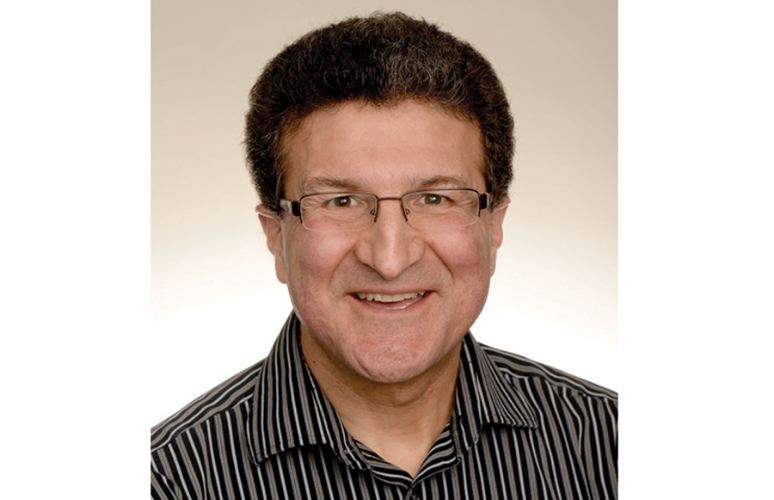It seems that everyone wants to be happy. We believe that if we work hard and achieve our goals we will be happy. We tell ourselves that once we have that job, or once we have that level of income, or once we meet the right person, we will be happy.
Recent studies in a relatively new field called Positive Psychology are proving that the reason why many of us are always chasing the proverbial rainbow is because we have the formula backwards.
In his popular Ted Talk, leading educator and author Shawn Anchor tells us that our external world rarely predicts our "happiness level."
We set goals, we achieve them, then we set higher goals. That is human nature and it is a good thing, but it will not bring us long term happiness. What does bring us happiness is the way we process the world in our own minds.
The good news is that we can actually train our brains to be happy, we can reprogram the way we think. There are many methodologies which teach us to do this, all make use of neuro-plasticity, and they are all very good. Some make use of journaling, writing down what we are grateful for every day for three to four weeks, others use meditation. Anchor points out that exercise makes us feel good, and that even the regular practice of random acts of kindness can sufficiently shift our mindset.
In essence, a thankful heart really is a happy heart.
So, that's great. We have a bunch of smiling people running around. What good is that? Well, positive psychology is finding evidence that those who are happy actually tend to do better work. A 2005 study by Sonja Lyubomirsky at the University of California Riverside found that they are more productive, have higher sales, are more resilient, make fewer mistakes and experience less burnout.
This is what is now being called "the happiness advantage."
What does this mean for us? In education it affirms something effective teachers have always known, that children learn better when they feel safe and happy in the classroom. It means that having fun learning is a very good thing. Daily physical activity is a fantastic practice, and anything else that we can do to create positive habits in the lives of our students is time well spent.
I love to see the smiles on the faces of young people when I quote Earl Nightingale and tell them, "Success is the is the progressive realization of a worthy goal or ideal."
In other words, they are not only successful when they graduate from high school, they are successful when they attend, face challenges, complete every assignment and pass every course.
If we stop running for the pot of gold at the end of the rainbow and really look at the beautiful and amazing world that we have around us, we choose happiness and actually make it easier for ourselves to achieve our dreams.



